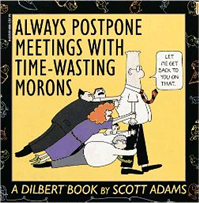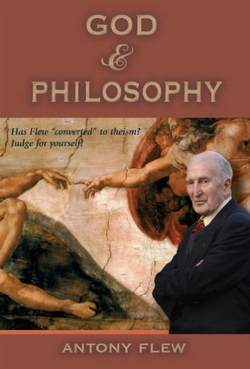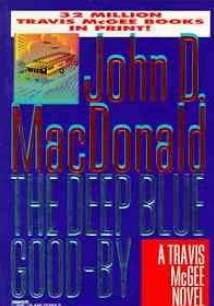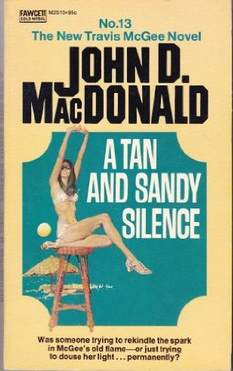From Part 2: Toto: Curtain #2: Linchpin
 “A man dies when he refuses to stand up for that which is right. A man dies when he refuses to stand up for justice. A man dies when he refuses to take a stand for that which is true.” — Martin Luther King, Jr.
“A man dies when he refuses to stand up for that which is right. A man dies when he refuses to stand up for justice. A man dies when he refuses to take a stand for that which is true.” — Martin Luther King, Jr.
[Excerpt from The Truman Prophecy,
due for publication 12/25/15.]
________________________________ 3Q_2015
Neil wishes he’d never seen that damned DVD.
“Architects and Engineers” for chrissakes!
And he, a highly prized one… by the Rocket Men.
“So what’s it going to be, Mr. Hansen?” asked the company’s special agent. “Do we have a deal?”
A deal? Continue reading






